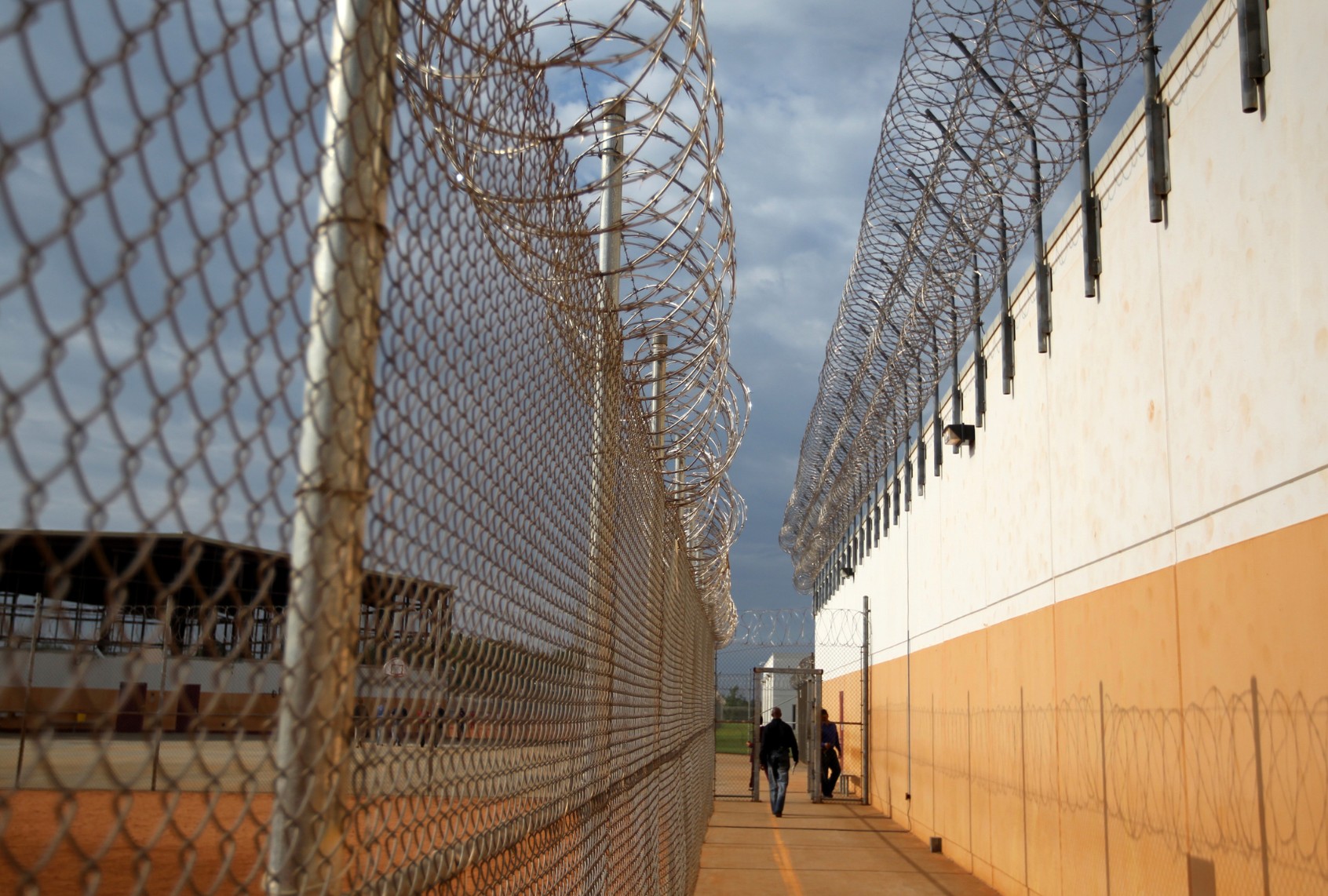Immigration and Customs Enforcement (ICE) has been detaining pregnant immigrants in violation of federal policy, raising serious concerns about the health and welfare of these vulnerable individuals. Despite guidance from the Biden administration that restricts such detentions except in exceptional circumstances, reports indicate that many women continue to be held in custody, often facing inadequate medical care and harsh conditions.
Cary López Alvarado, a resident of Hawthorne, California, was detained while nine months pregnant. Following her arrest alongside her husband, she was released after ICE discovered she was a U.S. citizen. Shortly after her release, she experienced severe abdominal pain and gave birth a few days later, according to a claim she filed against the federal government.
In another instance, Angie Rodriguez, an immigrant from Colombia, was taken into custody during a routine immigration check-in in July. After discovering her pregnancy, Rodriguez reported that the food provided at the Mesa Verde ICE Processing Center was unpalatable, forcing her to rely on unhealthy processed options. Tragically, she suffered a miscarriage while in detention, a situation she detailed in a lawsuit against the government.
Antonia Aguilar Maldonado, a mother of two from El Salvador, was arrested on her way to work and held at the Kandiyohi County Jail in Minnesota for nearly a month. Her youngest child, still nursing and suffering from medical issues, could not be accommodated in the facility, which lacked necessary equipment for nursing mothers. After a successful bond hearing, Aguilar Maldonado was released on a bond of $10,000, raised by her church community, while the government pursued her deportation.
The Biden administration implemented a policy in 2021 aimed at limiting ICE’s ability to detain pregnant, postpartum, or nursing individuals, except in cases where they pose a national security threat or risk to others. Although this policy remains in place, it has not been effectively enforced, leading to a resurgence in detentions of pregnant women.
Reports suggest a troubling trend; many pregnant immigrants are now facing detention once again. “We’re seeing more pregnant women detained again after not seeing much of that, at least not in ICE detention,” stated Amanda Heffernan, a nurse-midwife and professor at Seattle University.
Despite a lack of specific data on the number of pregnant individuals in custody, investigations by Democratic lawmakers have revealed numerous troubling cases. A report from Senator Jon Ossoff’s office identified 14 instances of mistreatment among pregnant detainees, including inadequate medical attention and unsanitary living conditions. ICE has disputed these findings, asserting that pregnant women in custody receive appropriate care and that detentions are rare.
On September 18, 29 Democratic senators sent a letter to **Homeland Security Secretary Kristi Noem**, demanding clarity on the number of pregnant, postpartum, and breastfeeding individuals being detained. The Department of Homeland Security has not acknowledged the letter, which raises significant questions about the treatment of these individuals.
The Women’s Refugee Commission has begun tracking cases of detained pregnant women, advocating for transparency from the government. Zain Lakhani, a lawyer with the organization, noted that credible reports of detained pregnant individuals suggest a frequency that contradicts ICE’s stated policy. “It would be shocking that we would be able to have this level of detained pregnant people under the guidance,” Lakhani remarked.
The psychological and physical implications of detention on pregnant women cannot be understated. Dr. Carolyn Sufrin, an associate professor of obstetrics and gynecology at Johns Hopkins University, emphasized that the stress and strain associated with detention can adversely affect pregnancy outcomes, including an increased risk of miscarriage and preterm birth.
“I’m very concerned because of the conditions we’ve already heard about that could be increasing the risks of adverse outcomes,” Sufrin stated. Reports have indicated that many pregnant detainees experience inadequate prenatal care, with some receiving only sporadic medical attention.
Alvarado, who is seeking $1 million in damages for her arrest and treatment, expressed ongoing distress from her experience. “Every time I see a news or video, it does rewind in my head,” she said, highlighting the lasting impact of her detention on her mental well-being.
Rodriguez’s attorney, Victoria Petty, recounted the distressing situation surrounding her client’s miscarriage while in detention. “These are the conditions that she was in when she was pregnant. We cannot rule out that having been under that level of stress and fear and having that little care contributed to her pregnancy loss,” Petty observed.
As advocates continue to push for accountability and better treatment of pregnant immigrants, the situation remains dire. With the federal government failing to disclose the number of pregnant women in custody, the need for oversight and care remains urgent. The Women’s Refugee Commission’s independent tracker may help provide clarity, but until comprehensive data is available, the plight of pregnant immigrants in detention remains a pressing issue.






































































